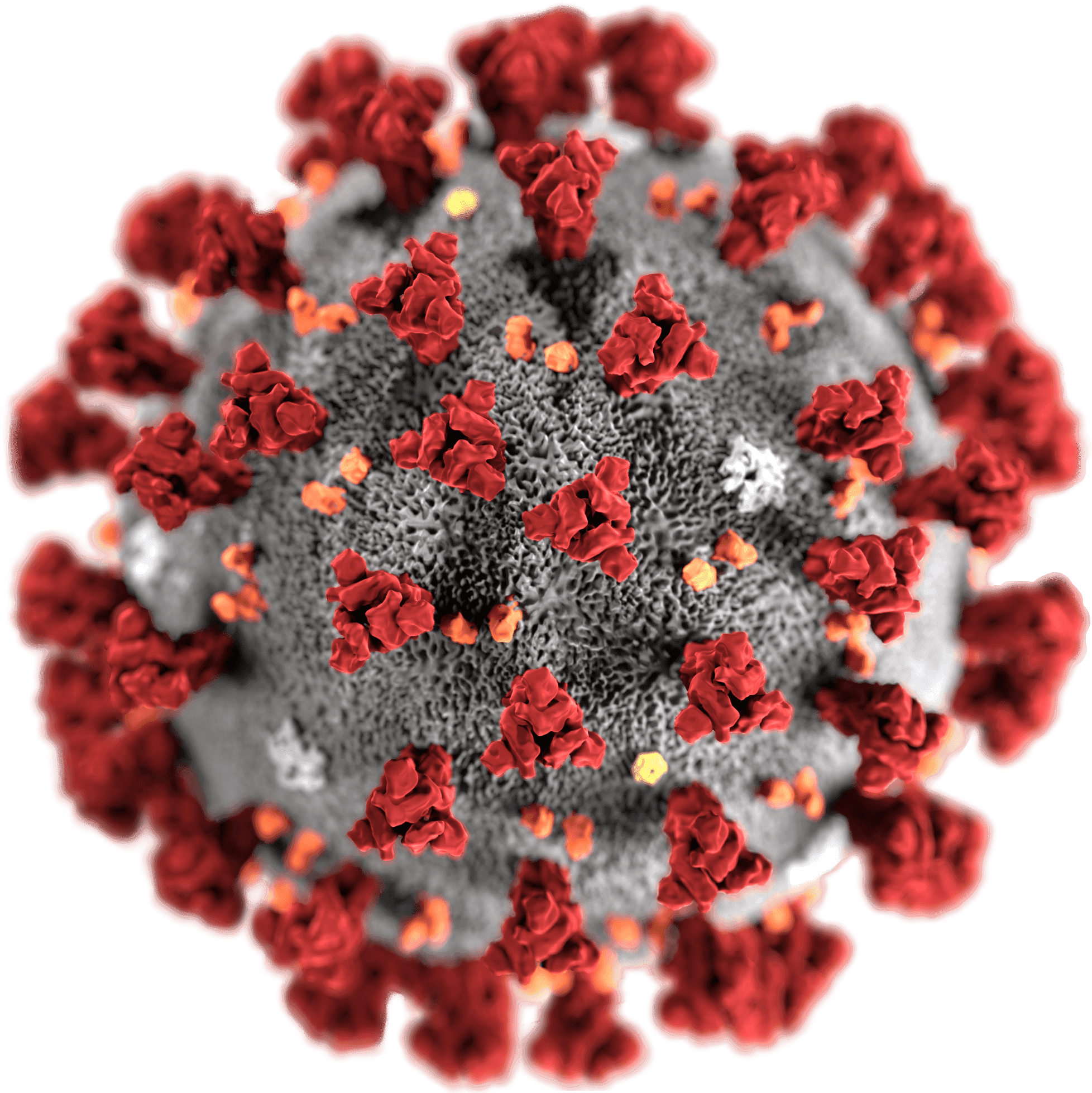 |
| Prostate Gand - Location |
Prostate enlargement happens when an accumulation of androgens prevents prostatic cell death and promotes cell proliferation, increasing the size of the prostate gland.
An enlarged prostate, or benign prostatic hyperplasia (BPH), can cause frustrating and uncomfortable symptoms — most commonly, urinary and sexual difficulties. However, several natural remedies and lifestyle changes can help ease the symptoms.
BPH is not usually a severe health threat, although it can affect a person’s quality of life.
In this article, we detail 10 natural remedies for an enlarged prostate and discuss its causes and risk factors.
The severity of a person’s BPH symptoms will determine their treatment options. If the condition is negatively affecting the person’s quality of life, doctors may prescribe medications, such as alpha-blockers and 5-alpha reductase inhibitors, or even surgical intervention.
Alpha-blockers help reduce BPH symptoms by relaxing muscles in the urethra and the neck of the bladder, which can improve urine flow.
The drug 5-alpha reductase converts testosterone into dihydrotestosterone (DHT). DHT is an androgen that prevents the death of prostate cells and promotes their proliferation. Through these effects, it increases the size of the prostate gland. Inhibiting the production of this androgen can help slow or stop prostate growth.
However, some people may wish to try natural remedies for BPH. Those wishing to try these remedies should consult a doctor or an integrative medicine physician first, if possible.
1. Saw palmetto (Serenoa repens)
Saw palmetto is a palm native to the southeastern United States. The extract of this plant is a popular herbal supplement for the treatment of BPH.
Saw palmetto is an inhibitor of 5-alpha-reductase. It also has anti-inflammatory properties and can reduce the number of estrogen and androgen (DHT) receptors.
2. Rye grass pollen (Secale cereale)
Some people use herbal supplements made from rye grass pollen to treat BPH symptoms and reduce prostate inflammation.
However, despite its popularity, contemporary research has not shown Cernilton to influence BPH symptoms in any large-scale scientific studies. Therefore, further research is necessary to establish the efficacy of this natural remedy.
3. Stinging nettle
Stinging nettle contains similar antioxidant and anti-inflammatory compounds as pygeum and saw palmetto. In fact, natural treatments for various urinary disorders often use nettle root in combination with saw palmetto.
A 2019 review found that nettle root extracts can effectively reduce BPH symptoms and improve the overall quality of life of people with the condition.
4. Pygeum africanum (Prunus africana)
Pygeum africanum extract comes from the bark of the African plum tree. This extract offers many potential health benefits and contains a wide range of fatty acids, alcohols, and sterols, such as beta-sitosterol. These substances have an antioxidant and anti-inflammatory effect on the urogenital system. The urogenital system comprises the urinary and genital organs.
Current research on the efficacy of Pygeum africanum extract is lacking. However, an older 2007 study of BPH treatment outcomes across six European countries reported positive improvements in those taking the extract.
Researchers found that after 1 year of therapy, 43% of participants who received either Pygeum africanum or Serenoa repens (saw palmetto) showed an improvement in their International Prostate Symptom Scores (IPSS) and in their quality of life.
However, other alternatives are more environmentally friendly, as the current overharvesting of pygeum bark is threatening the survival of the species.
5. Lycopene
Lycopene is a naturally occurring pigment present in many fruits and vegetables. A pilot study found that the daily consumption of lycopene-enriched extra virgin olive oil improved prostate health and reduced prostate-specific antigen levels.
Tomatoes are the richest source of lycopene available to most people, but a few other fruits and vegetables contain lower levels of this antioxidant.
Usually, the deeper the color of a pink or red fruit or vegetable, the higher its lycopene content.
Other sources of lycopene include:
6. Green tea
Green tea contains high levels of antioxidants, some of which research has shown to enhance the immune system and potentially slow the growth of benign prostate cells.
However, it is important to keep in mind that green tea contains caffeine. Caffeine can stimulate the bladder and cause a sudden urge to urinate, potentially worsening BPH symptoms.
7. Zinc
Estrogen inhibits the uptake of zinc in the intestines. As a person’s estrogen levels increase with age, their intake of zinc decreases.
Taking zinc supplements or increasing the dietary intake of zinc can lower a person’s risk of having a zinc deficiency. Zinc can also decrease the production of DHT and inhibit this androgen from binding to receptors, potentially reducing BPH symptoms.
Poultry, seafood, and several seeds and nuts, such as sesame and pumpkin seeds, contain zinc.
8. Soy
Soy is an inhibitor of 5-alpha-reductase and a low potency estrogen. Soy may block the receptor sites that the stronger estrogens use to increase the accumulation of DHT.
9. Omega-3
A diet rich in omega-3 fatty acids can help reduce the action of compounds that play a role in prostate inflammation.
10. Cranberry
Cranberries contain phytonutrients with anti-inflammatory properties.
In a small 2010 study, 21 men took 500 mg of dried cranberry powder three times daily for 6 months. Compared with those in the control group, the participants in the cranberry group had a greater improvement in their IPSS, quality of life, and urinary flow measurements.
This Article was originally published HERE

-Step-1.jpg/aid6799141-v4-728px-Make-Nigerian-Styled-Moi-Moi-(Bean-Pudding)-Step-1.jpg.webp)

